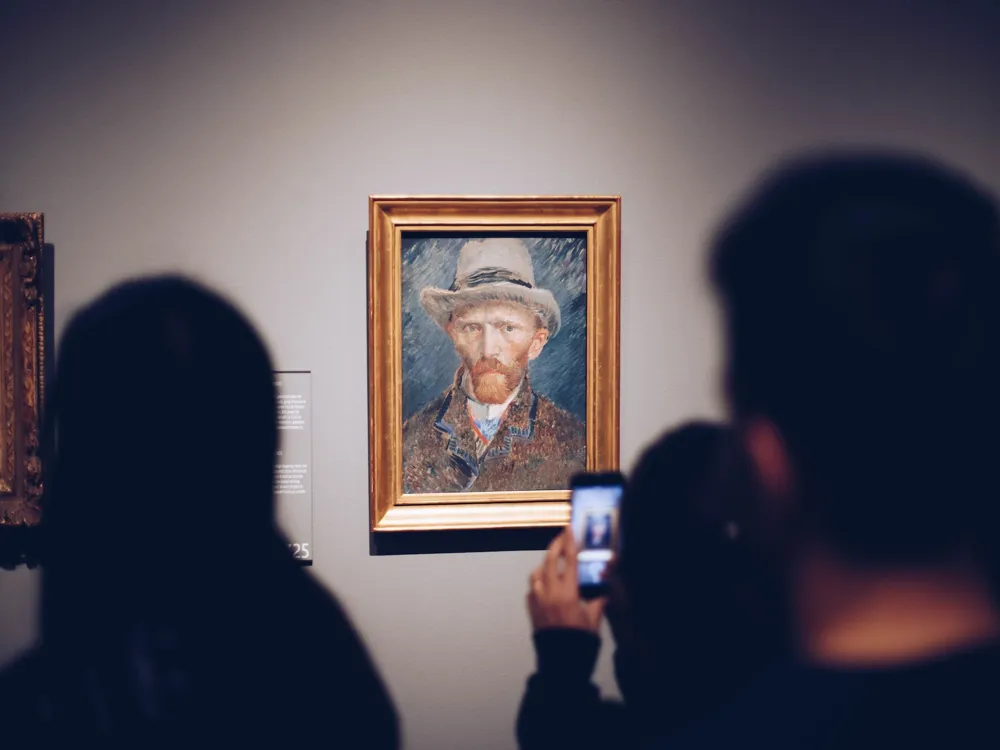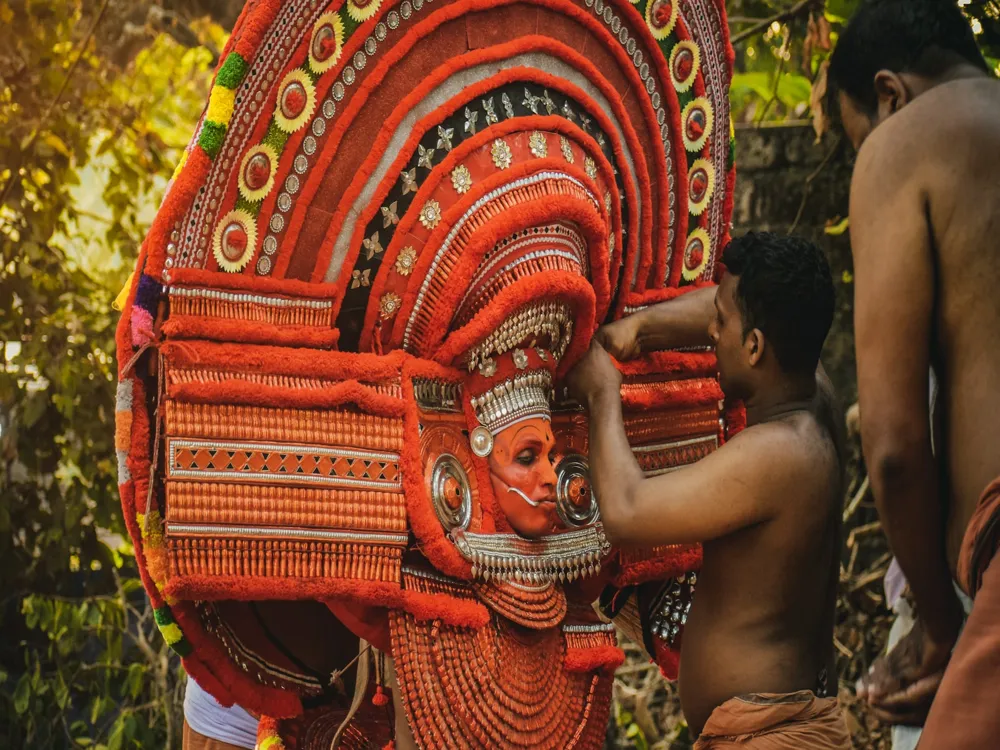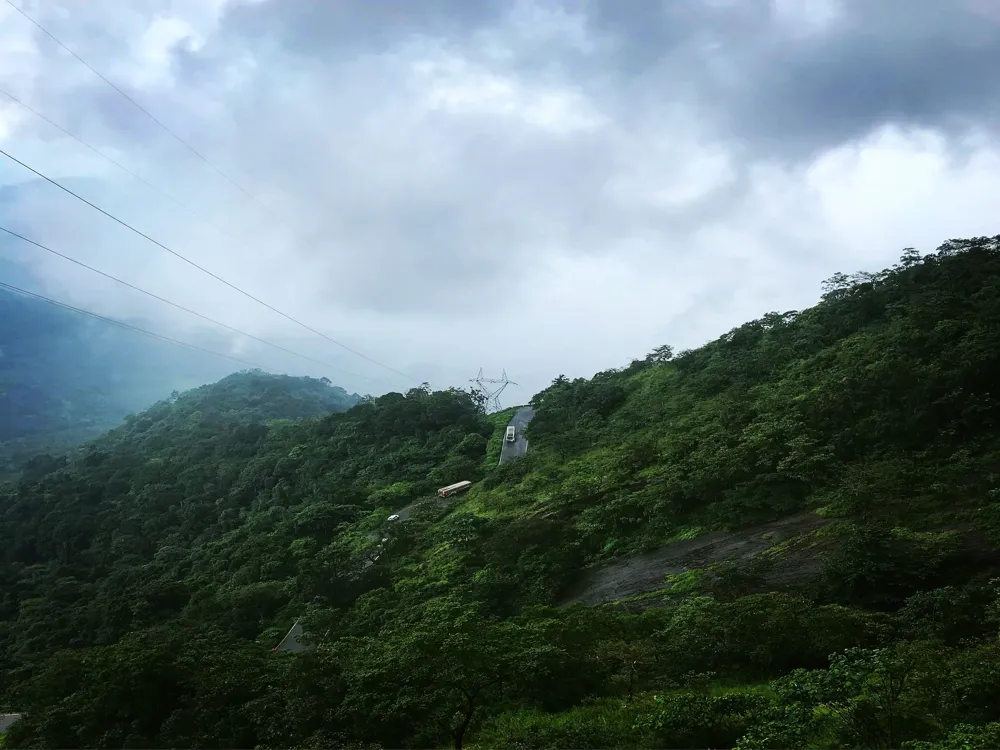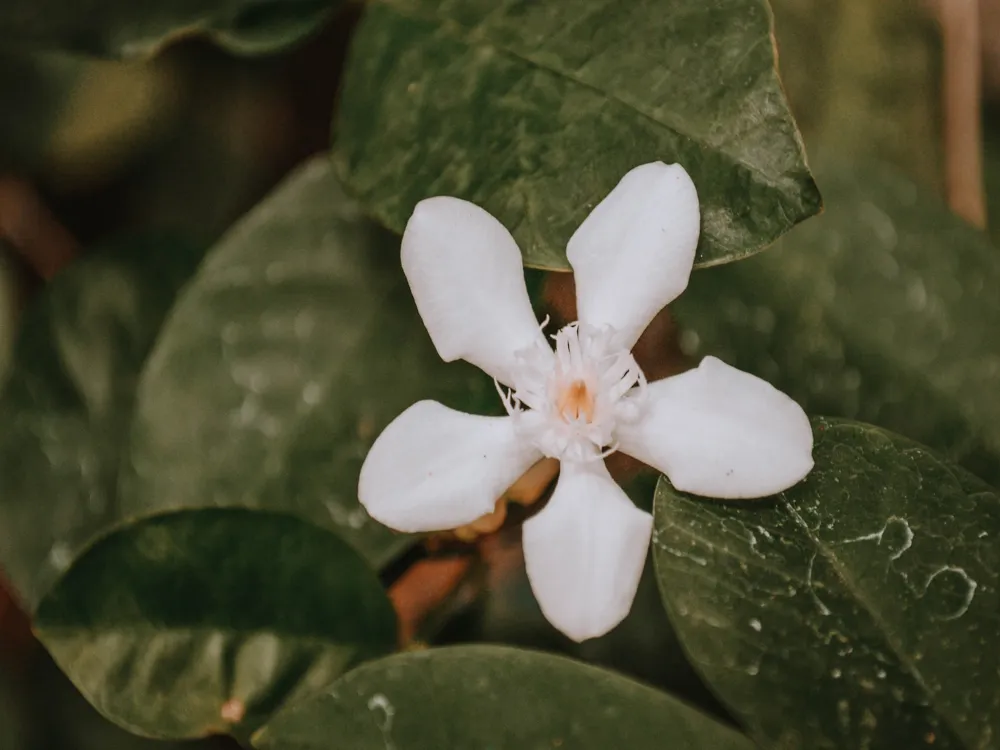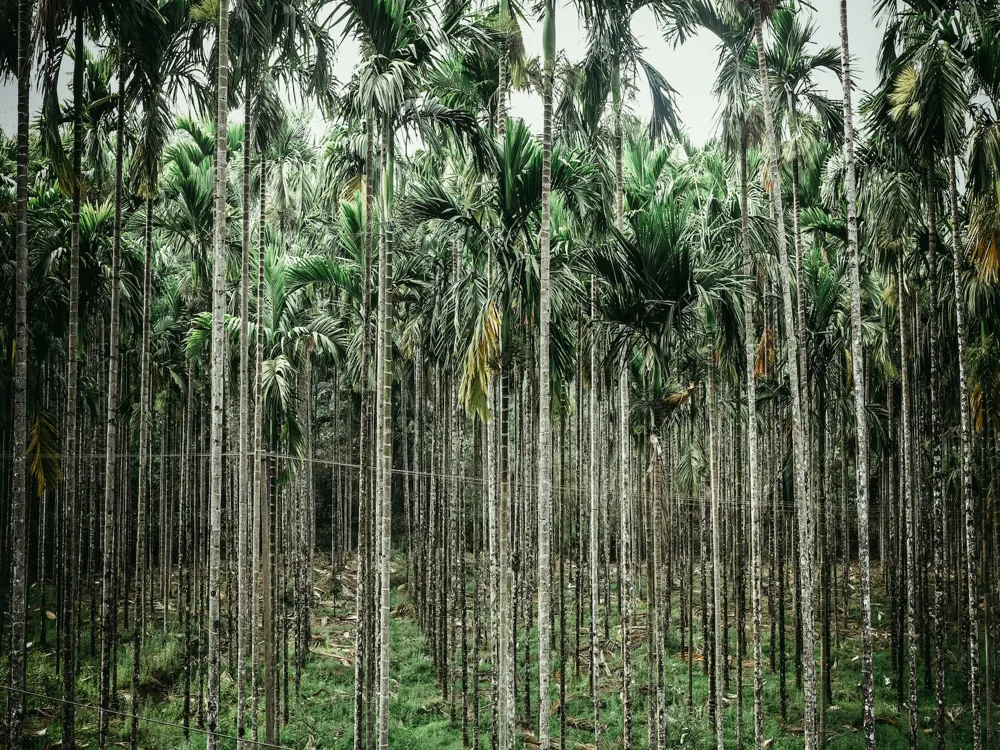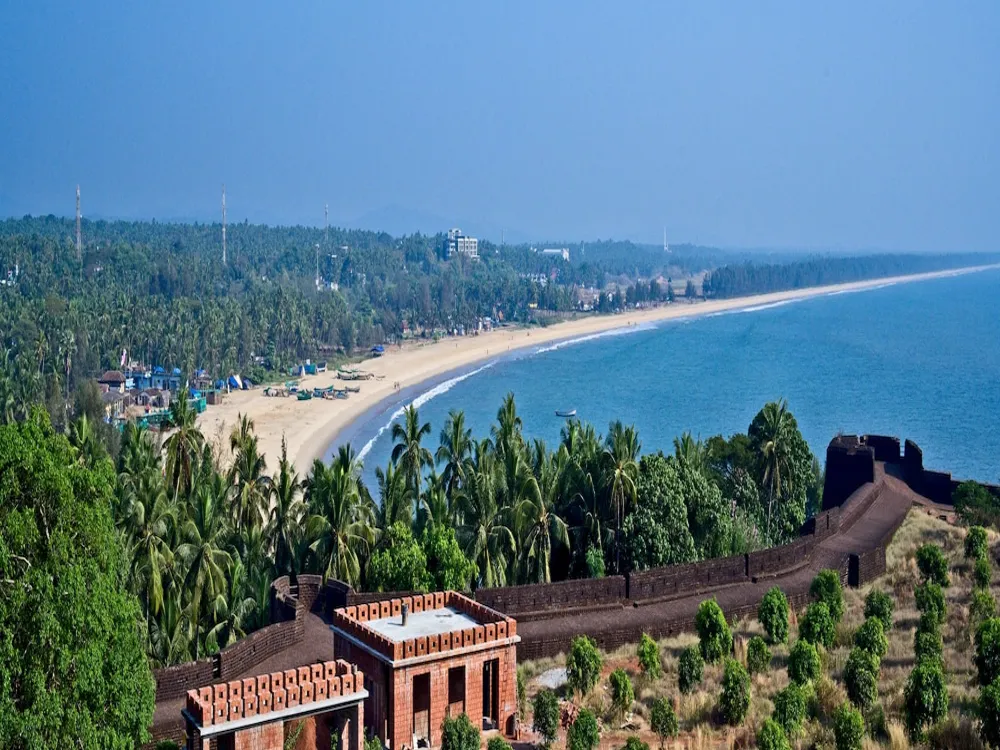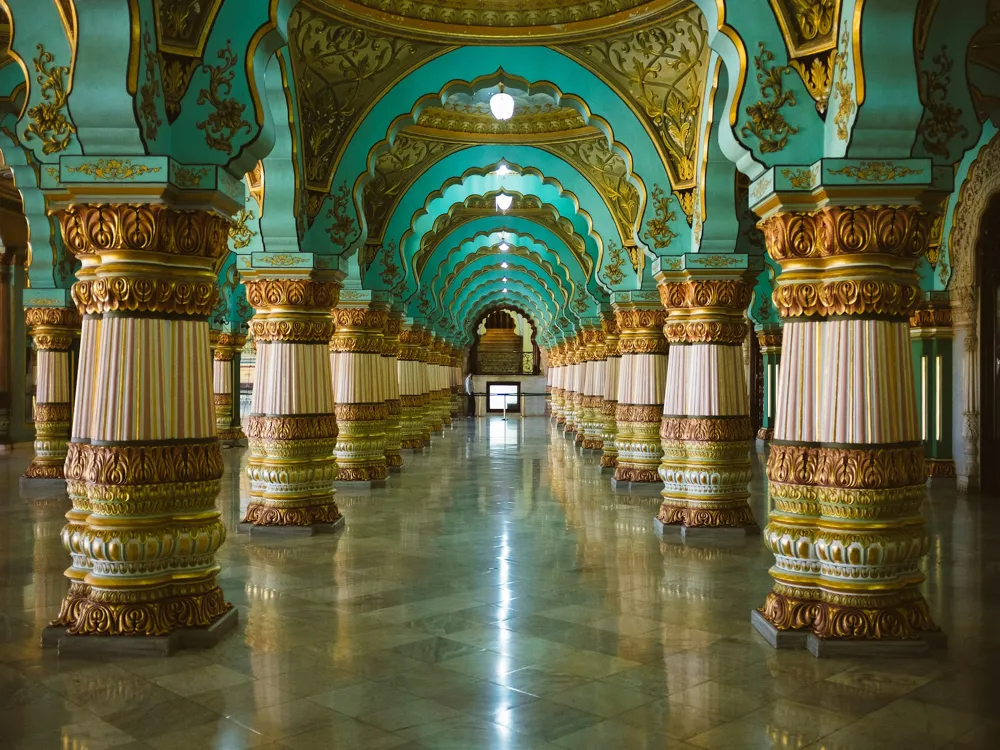Nestled in the coastal city of Kannur in Kerala, the Arakkal Museum is a beacon of the rich cultural and historical heritage of the region. This museum is dedicated to the Arakkal family, the only Muslim royal family in Kerala, and their significant contribution to the history of the Malabar region. The Arakkal Museum offers a unique glimpse into Kerala's Islamic heritage and stands as a testament to the region's diverse cultural fabric. The Arakkal family played a pivotal role in the history of Kerala, particularly in the Malabar region. This museum is housed in a section of the Arakkal Palace, the ancestral home of the Arakkal Ali Rajas, the rulers of the kingdom. The museum showcases a fascinating array of artifacts, including ancient manuscripts, weaponry, and artifacts that belonged to the royal family. These exhibits provide insight into the lifestyle, traditions, and governance of the Arakkal family. Visiting the Arakkal Museum is not just about exploring the past; it's about immersing oneself in the story of a lineage that influenced the course of Kerala's history. The museum also highlights the maritime history of Kerala, reflecting the Arakkal family's involvement in trade and commerce, particularly in the Arabian Sea. The family's interactions with colonial powers like the Portuguese, the Dutch, and the British are also well-documented here. The museum's location in Kannur, a city known for its scenic beauty and historical significance, adds to its allure. Kannur, with its pristine beaches, ancient temples, and colonial architecture, provides a picturesque backdrop for the Arakkal Museum. This museum not only attracts history enthusiasts and culture vultures but also appeals to anyone curious about Kerala's multifaceted heritage. Overall, the Arakkal Museum serves as a window to a bygone era, offering a detailed and engaging portrayal of the region's history. It's a must-visit destination for those who wish to experience the essence of Kerala's rich cultural tapestry. The Arakkal Museum in Kannur is an architectural marvel that beautifully encapsulates the essence of traditional Kerala and Islamic design elements. The museum, part of the larger Arakkal Palace complex, exemplifies the unique architectural style that developed under the patronage of the Arakkal family, blending local and foreign influences. The structure of the museum is a testament to the engineering and artistic skills of the period. It is characterized by its distinctive woodwork, intricate carvings, and the use of laterite, a locally sourced red stone. The museum’s design reflects the socio-cultural ethos of the time, balancing functionality with aesthetic appeal. One of the striking features of the museum is its elaborate wooden roof, supported by intricately carved pillars. These pillars not only provide structural support but also add to the aesthetic beauty of the building. The roof is designed to provide adequate ventilation and light, crucial in Kerala's humid climate, while also offering protection from the heavy monsoon rains. The layout of the museum is another aspect of its architectural brilliance. It is designed to ensure a seamless flow of spaces, with open courtyards and verandas that encourage natural light and air circulation. The courtyards, an essential element in traditional Kerala architecture, serve as communal spaces, enhancing the social aspect of the structure. In addition to the traditional Kerala architectural elements, the museum also showcases influences from Islamic architecture, evident in its arched doorways and windows. These features are a nod to the Arakkal family's Muslim heritage and their connections with the Arab world. The use of wood and laterite in the museum is not only a reflection of the local architectural practices but also an example of sustainable building techniques. These materials, sourced locally, have low environmental impact and are well-suited to the region's climatic conditions. Overall, the architecture of the Arakkal Museum is a harmonious blend of local Kerala and Islamic styles, offering a visual narrative of the region's history and the Arakkal family's legacy. It stands as a symbol of the cultural synthesis that is characteristic of Kerala’s heritage. The ideal time to visit the Arakkal Museum is between October and March, when the weather in Kerala is pleasant and conducive for exploration. Avoid the monsoon season from June to September, as heavy rains might hamper your experience. Visitors are advised to dress modestly, keeping in mind the cultural sensitivities of the region. Comfortable walking shoes are recommended as you will be exploring the museum on foot. Photography might be restricted in certain areas, so always ask for permission before taking pictures. Opt for a guided tour to enhance your understanding of the museum's exhibits and the history of the Arakkal family. Knowledgeable guides can provide in-depth information and answer your queries, making your visit more informative and enjoyable. Check for accessibility options if you're traveling with elderly visitors or those with mobility issues. The museum has basic facilities, but it's advisable to carry your own water and snacks, as options might be limited in the vicinity. Kannur has several other attractions, like the St. Angelo Fort, Muzhappilangad Drive-in Beach, and Theyyam performances. Plan your itinerary to include these, maximizing your cultural experience in Kannur. The Arakkal Museum, located in Kannur, Kerala, is easily accessible by various modes of transportation. Kannur is well-connected by road, rail, and air, making the museum reachable for both domestic and international tourists. By Air: The nearest airport is Kannur International Airport, which is well-connected to major cities in India and some international destinations. From the airport, you can hire a taxi or use public transportation to reach the museum. By Train: Kannur Railway Station is the closest railhead, with several trains connecting it to other major cities in Kerala and India. Taxis and autorickshaws are available outside the station to take you to the museum. By Road: Kannur is well-linked by road to major cities in Kerala and neighboring states. You can opt for state-run or private buses, or you can drive or hire a taxi to reach the museum. The museum’s central location in Kannur makes it a convenient addition to any travel itinerary in the region. Whether you're a solo traveler, a family, or a group, reaching the Arakkal Museum is hassle-free and straightforward. Read MoreOverview of Arakkal Museum of Kannur, Kerala
Architecture of Arakkal Museum
Tips for Visiting Arakkal Museum
Best Time to Visit
Dress Code and Etiquette
Guided Tours
Accessibility and Facilities
Combining Your Visit with Other Attractions
How To Reach Arakkal Museum
Arakkal Museum
Kannur
Kerala
NaN onwards
View kannur Packages
Weather :
Tags : Museum
Timings : 9:30 AM - 5:30 PM
Time Required : 1-2 hours
Entry Fee : INR 10
Planning a Trip? Ask Your Question
Kannur Travel Packages
View All Packages For Kannur
Top Hotel Collections for Kannur

Private Pool

Luxury Hotels

5-Star Hotels

Pet Friendly
Top Hotels Near Kannur
Other Top Ranking Places In Kannur
View All Places To Visit In kannur
View kannur Packages
Weather :
Tags : Museum
Timings : 9:30 AM - 5:30 PM
Time Required : 1-2 hours
Entry Fee : INR 10
Planning a Trip? Ask Your Question
Kannur Travel Packages
View All Packages For Kannur
Top Hotel Collections for Kannur

Private Pool

Luxury Hotels

5-Star Hotels

Pet Friendly







